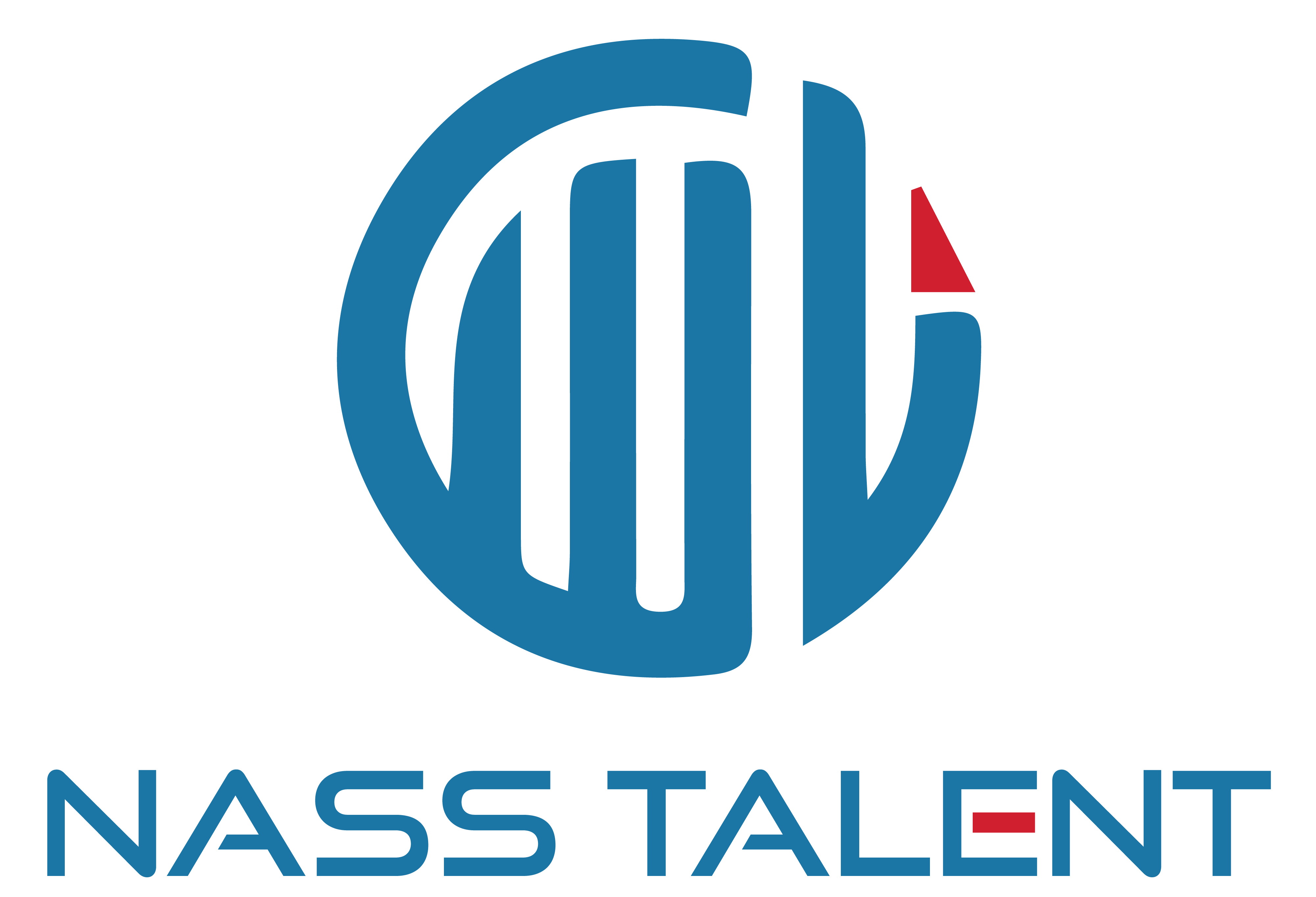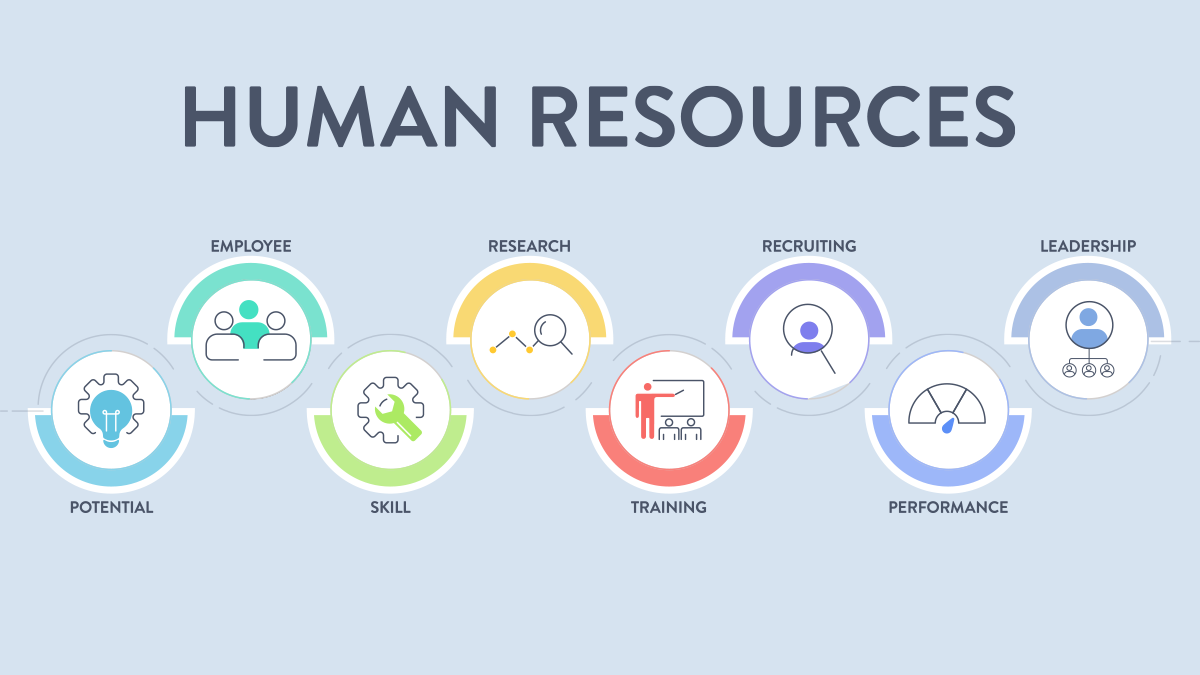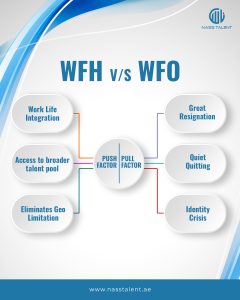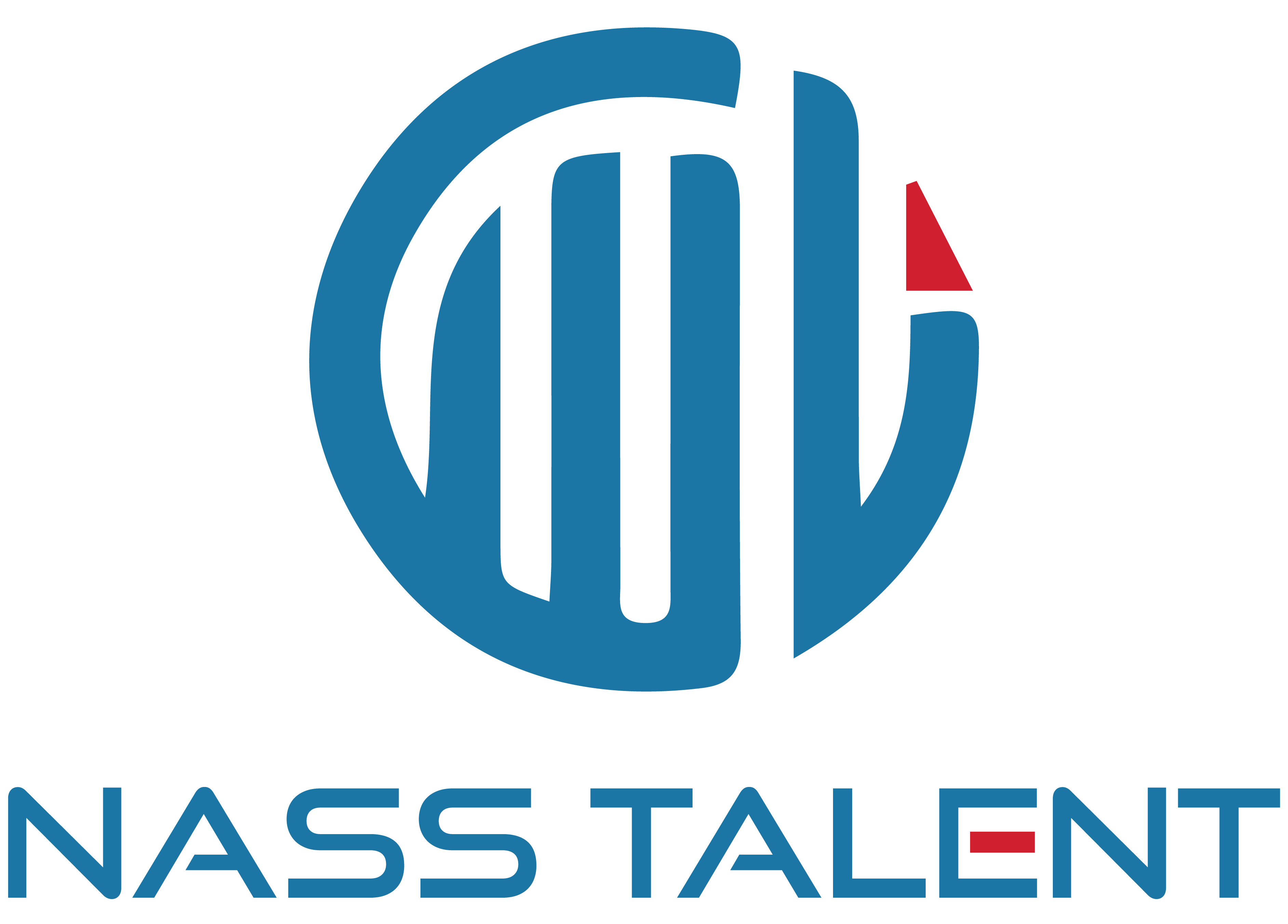Employee Engagement Trends 2025: Shaping the Future of Work

Employee engagement is no longer about keeping people happy but rather about creating a workplace where every employee feels valued, connected, and motivated to their best.
As we moved into 2025, it’s obvious that engagement strategies have to change. Today’s workforce wants more than just a paycheck, they want purpose, growth, and a sense of belonging. At Culture Partners, we have been firsthand how a great cultural foundation drives engagement and generates real business outcomes.
Here are six trends driving employee engagement in 2025. These are strategic shifts rather than quick fixes that require organizations to set culture as the foundation for engagement.
1. Flexibility Redefined: More Than Location
Flexible work models are here to stay, but by 2025, flexibility will no longer be merely a choice between a remote or a hybrid setup. It will instead be about providing employees with choices on when and how they do their best work.
Companies embracing this broader definition of flexibility and maintaining cultural cohesion across time zones and schedules will thrive. Intentional cultural practices will help align teams, foster collaboration, and build trust.
Organizations that treat culture as the connective tissue of their flexible workforces will see higher engagement and improved performance.
2. Purpose-Driven Engagement
Purpose is no longer optional. In 2025, employees—particularly Millennials and Gen Z—will gravitate toward organizations that align with their values and offer meaningful work.
This new direction calls for companies to state their mission in clear terms and show how this translates into action in everyday situations. Purposeful engagement is not about big words; it is about showing workers how their role fits into the larger scheme.
Companies that interweave purpose into decision-making, leadership behavior, and day-to-day work will create an engaged and highly committed workforce toward results.
3. Growth Personalization: One Size Doesn't Fit All
Employees expect development that is tailored to their unique strengths, goals, and learning preferences. Standardized training programs won’t be enough in 2025.
Organizations must move toward personal approaches to professional growth, which technology and culture support. As employees see that the organization invests in them, engagement comes as a result.
Companies of the future will build individualized growth into the employee experience.
4. Mental Health Steals the Limelight
In 2025, mental health will become the foundation for engagement strategies. Organizations need to go beyond wellness programs on the surface and bring mental health into their cultural framework.
Leaders will no longer be able to afford to ignore psychological safety, openness, and clear communication. People do their best work when they feel safe, supported, and comfortable being themselves at work.
Leaders must be vulnerable and invest in practices that value well-being just as much as productivity to build a culture where people truly thrive. It’s about creating an environment where everyone feels they belong and can succeed. .
5. AI-Powered Personalization
Artificial intelligence is changing the game when it comes to engagement strategies. From identifying potential burnout to creating tailored development plans, AI-powered tools can better address employees’ needs.
However, this has to be done within a framework of trust and transparency. The employees need to be assured of an ethical deployment of these tools in their favor.
Combining the capabilities of AI with a people-first culture, organizations can deliver personalized experiences that really hit home.
6. Accountability: The Path to Engagement
In 2025, accountability is going to become the foundation for employee engagement. People perform at their best when they know what is expected of them, can see how their work contributes to bigger goals, and are empowered to take ownership of their results.
A culture of accountability is built on clarity, trust, and alignment. When organizations get this balance right, they ignite a sense of purpose, deepen connections, and boost engagement—all leading to better business outcomes.
Conclusion
As these trends redefine the workplace, companies need to think an engagement approach that places culture at the heart of their strategies.
This will help them create environments in which employees don’t only thrive but propel the organization toward sustained success.









